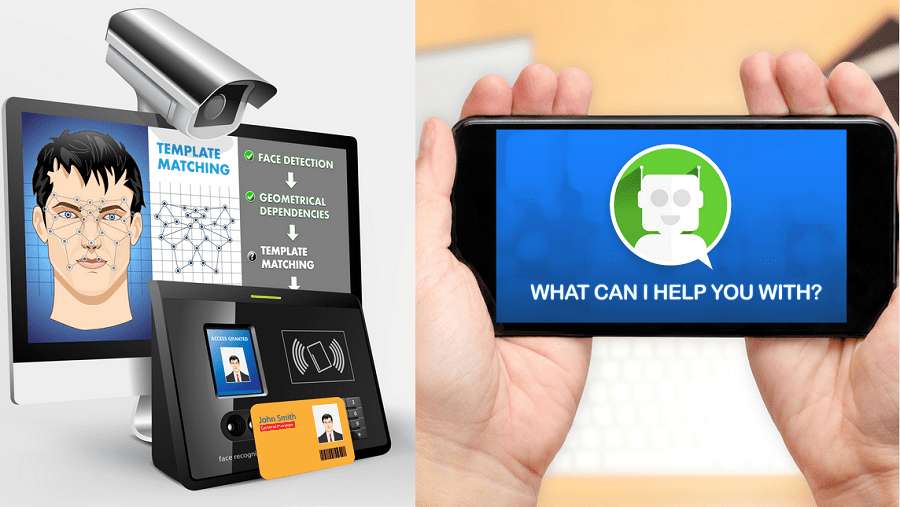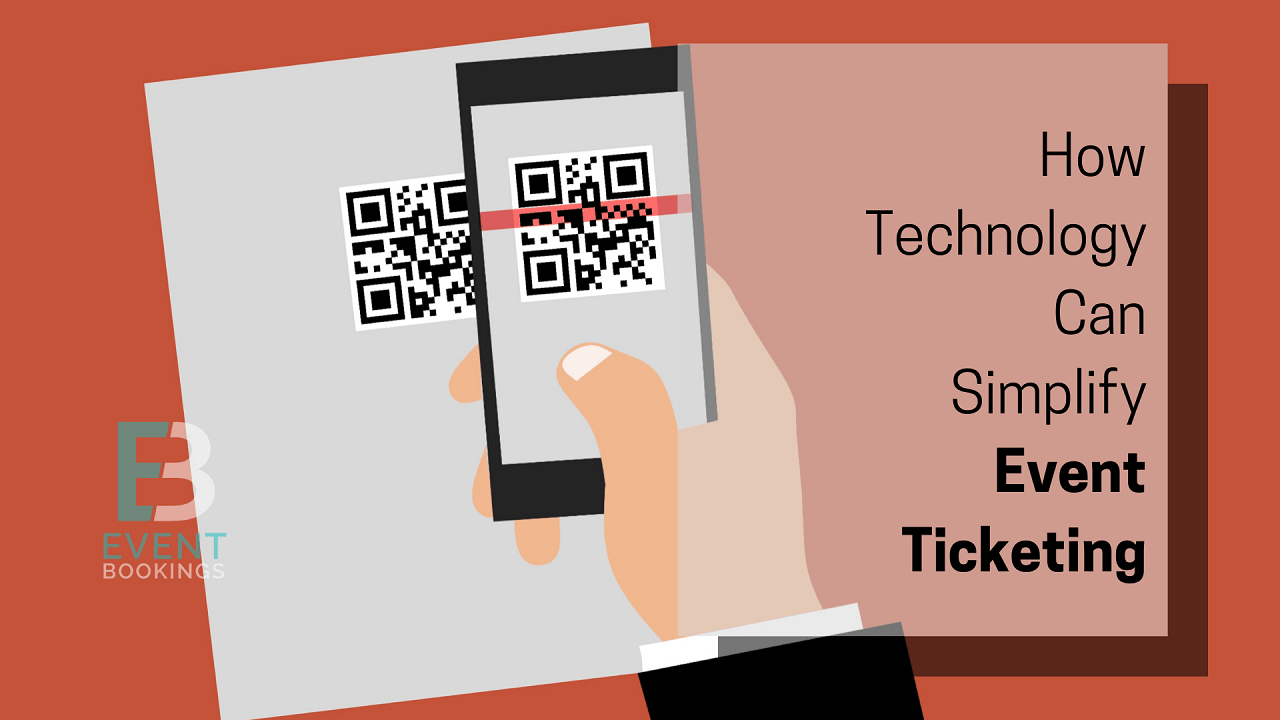As the digital age continues and technology continually evolves, the way tickets are sold and bought has drastically changed. The paper-based ticket is dying. In its place, the digital and mobile ticket is flourishing. Some businesses, organizations, and event ticketing companies like cinemas, galleries, and conferences may still use paper tickets, but the vast majority of the ticketing industry has made a move from paper to digital.
The Minnesota Vikings are one of those leading the charge. Last year, the Vikings implemented an all-digital ticket policy. The move makes the Minneapolis-based NFL team one of only six organizations to make the shift to a “digital-only” ticketing practice. But recent data and trends suggest that many businesses that sell tickets will eventually adopt digital and online ticketing solutions.
Data is already speaking up that the Event Management Software (EMS) sector is heading to a massive growth into the near future. According to a MarketsandMarkets forecast, the event management software industry will reach $11.4 billion by 2024 from $5.7 billion in 2019.
But the real money is found online. Currently valued at $17.4 billion, the online ticketing sector is poised to become a $34.3-billion industry by the end of 2025 per 2019 Business Insider Report. Concerts, musical festivals, and sporting events will carry the banner for this particular trend.
Here we discuss four ways technology will simplify the event ticketing process –
- Experience Great Convenience for Sellers and Buyers
- Enjoy Bigger Savings, More Profits
- Avoid Counterfeit Tickets
- Better Event Monitoring and Venue Security
Let’s dig deeper.
1. Experience Great Convenience for Sellers and Buyers
Technology certainly made things easy when it comes to selling and buying tickets. From a seller’s perspective, using a ticketing software gives them overall control over ticket production and other specifics from a single centralized interface. They can manage the number of tickets, prices, discounts, special permissions, and access levels, among others.
The best online ticketing system comes with the latest innovative features like sales and marketing tools, data analytics, integrations with other systems, and internal communication capabilities. These functionalities help businesses monitor ticket sales and attendance in real-time, communicate with other members of the teams, and get information from other systems (like CRMs and ERPs) to generate high-value insights they need to increase ticket sales and improve future sales performance.
Some ticketing services providers offer online-based solutions. Instead of investing in actual ticketing software, they provide temporary websites or pages where businesses can sell their tickets.
Buyers appreciate the fact that they can acquire tickets without having to line up in a booth and worry about tickets getting sold out. They can make a ticket purchase through ticketing sites and apps from the comfort of their own space or at the palm of their hands.
Buyers can browse through the ticket rates and view promos, helping them choose the best seats with the best prices. On top of that, most ticketing apps provide them with a preview of the stage or arena as viewed from the audience, adding extra value to their shopping experience.
2. Enjoy Bigger Savings, More Profits

Among the many factors why businesses and event organizers are now scouring the market for the best event ticketing software solutions, is the promise of huge operational savings and handsome returns.
The average printing cost per 50 pieces of basic 5.5”x2” tickets (printed front-side only, no perforations) in the United States is $18 or roughly $0.35 per ticket. The rate of custom tickets can go higher than a dollar per ticket.
That means ticket production costs for a small conference of 1,000 participants can go over $1,000. One can only imagine how much money organizers and business firms spend on printing tickets for events that cater to tens of thousands of people.
In contrast, the cost of creating digital tickets is almost nil. With an event ticketing software, there is no need to invest in significant stocks of paper, ink, and printing equipment. Hiring third-party printing services providers is almost unnecessary as well since the printing of tickets is mostly done at the customers’ end.
Using online tickets also speeds up payments and reduces the instances of no-shows. Since most ticketing systems come with payment tools and options, buyers can quickly settle their payments through their preferred channels and means (such as credit/debit card, payment gateways, and online transfer)
One dollar per ticket may not be substantial. However, the savings and profits a business can generate from online tickets are enormous once the amounts are compounded.
3. Avoid Counterfeit Tickets
Ticket fraud is a serious problem. Over 5 million people are duped into buying counterfeit tickets or tickets to fake, non-existing events every year, according to the 2016 Metlife article. Even with the emergence of digital tickets and innovations such as barcodes, counterfeiters managed to forge tickets that can fool and exploit ticketing systems.
A YouTube video of a man who allegedly forged a ticket to crash a movie premiere back in 2015 went viral not only for his daring but by the way he managed to duplicate the ticket. James Ware, the man in the video said, supposedly lifted the barcodes of the ticket of an Instagram photo. His method and exploit have been the subject of debate, but it goes to show how savvy counterfeiters are in finding ways to create forged tickets.
That said, many ticketing systems have been enhanced to address and eliminate the fake ticket issue. Aside from bar codes, QR codes are now integrated with online tickets to beef up security. Placing advanced ticket scanners at the door will discourage fakers from going in. Wristbands with an RFID feature are also seen to help prevent people with duplicate tickets to get inside the venue.
Businesses and event organizers are also encouraged to utilize the best site to sell event tickets and advise their patrons to refrain from interacting with unreliable parties.
4. Better Event Monitoring and Venue Security
Security is a paramount concern for enterprises and event organizers. Aside from making profits, organizers and business management are tasked to ensure the safety and security of their attendees.
Naturally, security devices and systems like cameras, communication equipment, CCTVs as well as personnel will be deployed at the venue to keep things under control. So how do event ticketing platforms boost event security?
Tickets are scanned at the door and people with counterfeit tickets and fake credentials are instantly denied entry. Once legitimate tickets are scanned, the software automatically updates its headcount, providing event management and security the actual number of people in attendance in real-time.
Having extensive knowledge and immediate access to the venue’s floor plan is also crucial in boosting venue security. It is advisable that event managers and organizers have a list of free floor plan creator platforms that are compatible with their event management software of choice.
This enables them to create floor plans for the venue which they can share with organizers and security personnel. This allows them to fully optimize the available space, plan delivery paths for attendants and employees, and devise emergency routes among others.
With a real-time picture on hand, it’s easy for them to determine crucial areas for monitoring and quickly address security issues when they arise.
Future Trends in the Ticketing Industry

Technology has revolutionized the ticketing industry. The advent of the digital ticket and mobile ticketing apps are just the beginning. The following innovations are expected to impact the ticketing business in serious and significant ways.
Facial Recognition
Event organizers and venue operators are clamoring to improve security with the use of facial recognition. Buyers will be required to provide IDs when making the purchase. They will be then scanned at the venue with their faces run against a security database to ensure they are the real person behind the ID.
Chatbots
As more tickets are bought online, companies and organizers will likely deploy chatbots to assist buyers and streamline their experience.
Organizing events and managing ticket sales and performance can be daunting even to experienced professionals. EventBookings has all the tools, services, and the expertise to help businesses and individuals make any event a success from start to finish.




